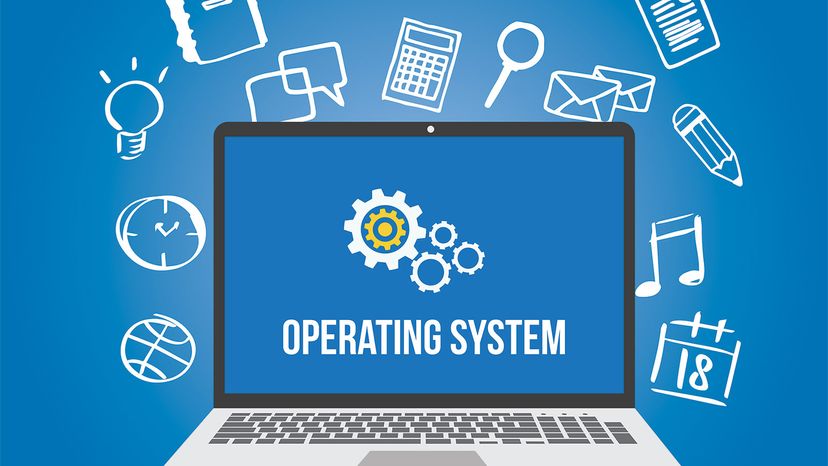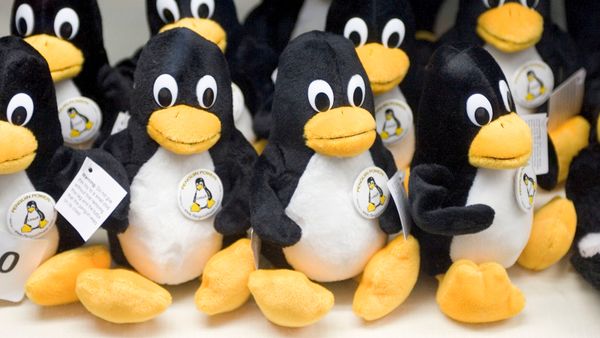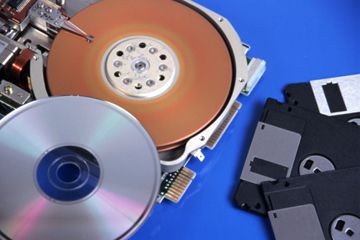
Basically every computer, smartphone and game console you can buy on the market has one thing in common: they all require an operating system (OS) to run applications and do basic tasks. When it comes to computers, the most popular options are Microsoft's Windows and Apple's MacOS. Google's Chrome OS has also entered the market for cheaper school laptops. (There's a free tool to update old Windows and Mac computers with a new ChromeOs Flex, thereby extending their computer lives.) On the more niche end, we also have Linux, which is open source and features a huge degree of user customization options. All of these operating systems are integral to making their devices run, but what does a computer look like when no OS is installed at all?
Before we get into that, let's clarify exactly what the OS does. An operating system is basically the general contractor of the computer. While the programs are busy doing their one specialized thing — plumbing, electrical, carpentry — the operating system is overseeing them all, communicating what they need to the processor and providing a common language that they can all work with to stay on the same page.
Advertisement
There are a few other things your operating system does that you probably don't think about. For instance, it's the operating system (not just the hard drive) that's going to decide how to manage memory. The operating system needs to delegate how much memory each process uses and make sure no memory overlaps. Also keep in mind that your home computer is most likely a single-user, multitasking operating system. That means you only have one processor, but it can run many programs at once.
But here's the kicker: It can't actually do that.
When you're downloading files, working on a spreadsheet and listening to music, your computer just appears to be doing these things simultaneously. In reality, the computer is switching between processes at extremely high speeds — so high, you don't notice it. While you're under the illusion that your central processing unit (CPU and operating system have a hand in every pot, your programs are under the impression that they have complete control of the operating system at any given moment.
So really, your operating system is designed to let the CPU deal with one thing at a time. But because it's a computer and not a harried secretary, it can multitask so fast that the user wouldn't even know. With the adoption of multi-core CPUs, processors can now handle four, six or more tasks at the same time. However, the OS is still in charge of deciding which of these tasks get the highest priority.
Now that we know a few of the ways our operating system works for us, let's get into what a computer without an operating system would look like.
Advertisement


